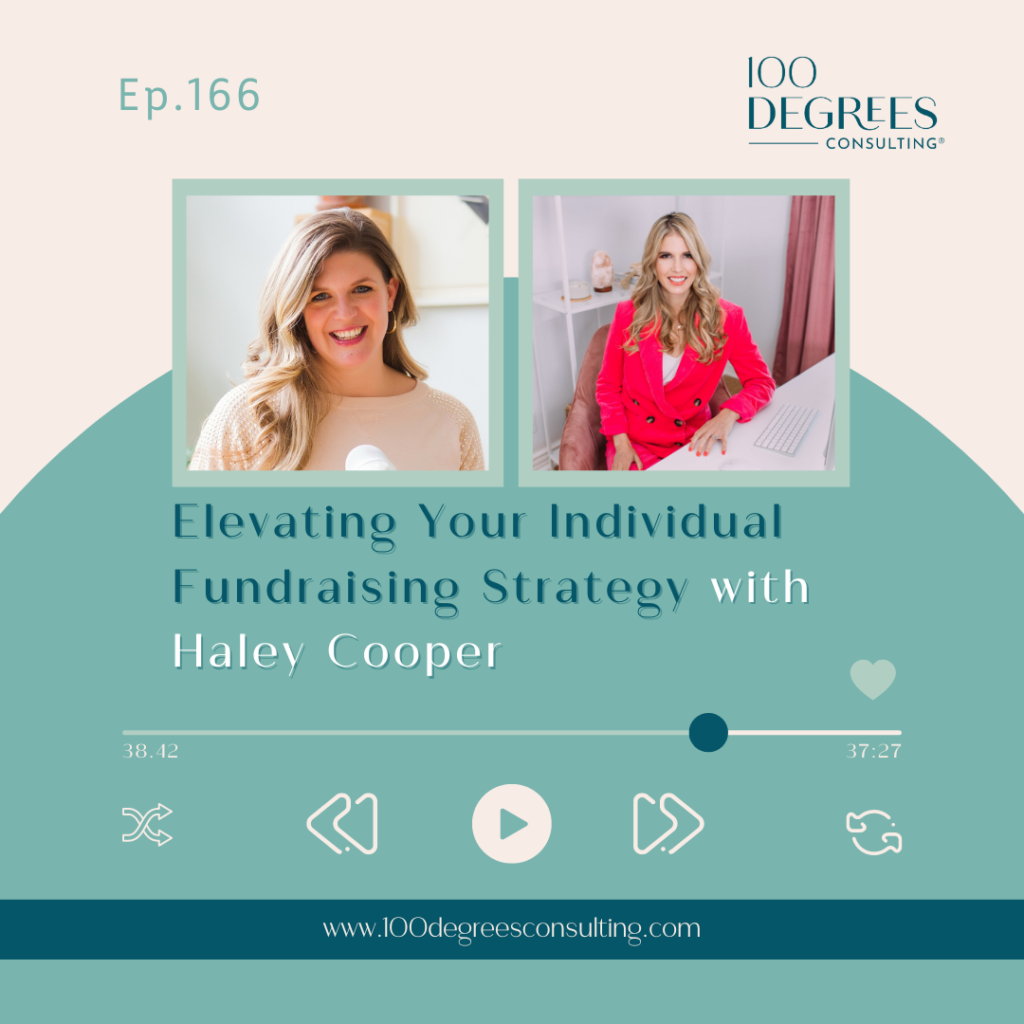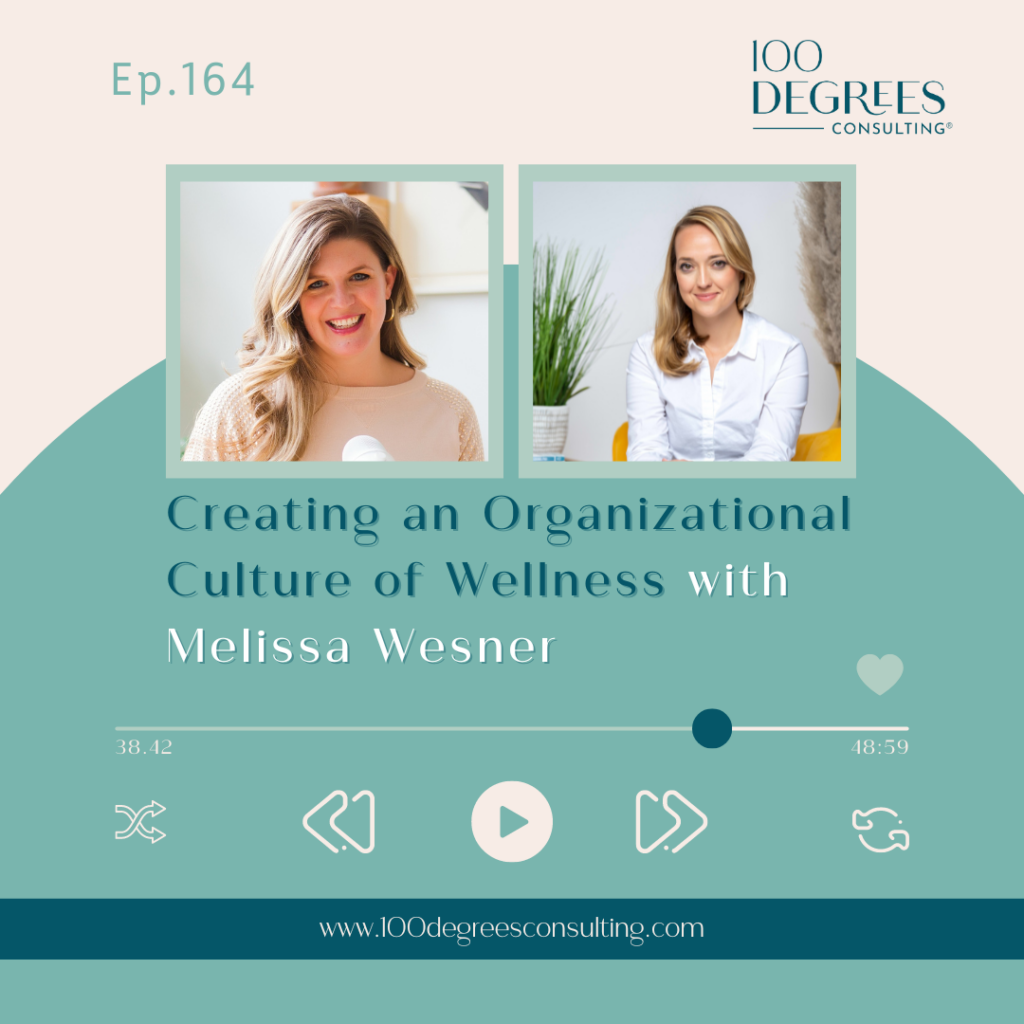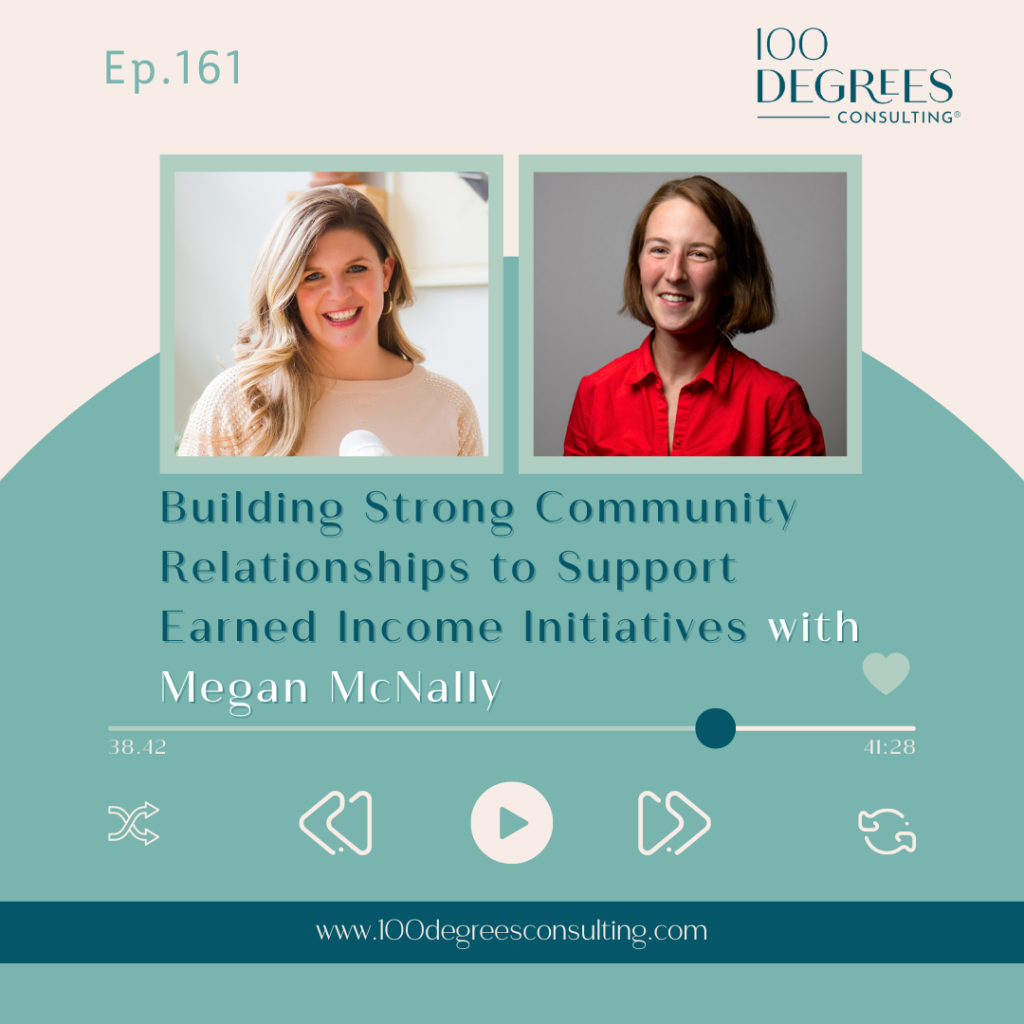Episode 54: How to Handle Failure in Business
Transcript Episode 54
Stephanie Skryzowski
Welcome to the 100 Degrees of Entrepreneurship podcast the show for purpose driven entrepreneurs who want to get inspired to step outside of your comfort zone. Expand it to your purpose and grow your business in a big way. I’m your host, Stephanie Skryzowski, a globe trotting CFO whose mission is to empower leaders to better understand their numbers to grow their impact and their income. Let’s dive in.
Hey there, friends, welcome back to 100 degrees of entrepreneurship. I have a hot topic for you today! It is a topic that I see not talked about that much in entrepreneurial space because we don’t want to talk about it right? I’m talking about failure. We don’t want to talk about failure.
We don’t want to share our failures with the world. And I am kind of uncomfortable by this topic, to be honest with you, because I hate failing. I know I know, failure is a part of success, blah, blah, blah, fail forward. I know, I don’t like it – I hate failing. I’m an Enneagram Three, I’m the achiever, I’m not supposed to fail, right?
But I want to talk to you about two different things, two different ideas when it comes to failure. So first of all, a lot of times when we think we’re failing, it’s only because we’re measuring ourselves against someone else’s success, right? So here’s what I mean, maybe you feel like a failure because your sales numbers are way lower than that random person on Instagram who has kind of a similar business model, or at least what looks like to you as a similar business model.
Or if you’re a nonprofit, maybe you’re feeling like a failure, because you only raised $75,000, at your virtual Gala, but you saw another organization raise 300, right. So you feel like a failure because you’re comparing yourself to somebody else. Maybe you feel like a failure because you only have 10 clients, but your business bestie has 35 clients, right?
But the problem is that other people’s metrics are irrelevant to you. They are insignificant and frankly, worthless, right? Using someone else’s measuring stick is worthless.
Okay, the most important measuring stick to use is your own. Here’s the thing I get asked all the time, what’s a good profit margin? How much should I spend on my team? How much income do I need to bring in every month?
And honestly, maybe you’ve been one of these people on the other end of the ZOOM call, and you probably hate me. But I always say it depends, right? That’s the truth, it depends on your business model. If you’re a service based business, if you’re an E commerce shop, that is going to be very different, your profit margins gonna look different, what your revenue streams are, how long you’ve been in operation, how much revenue you’re bringing in, it goes on and on. The list goes on as to what you know, say a good profit margin is, for example.
So the best way to assess your own business is by reviewing your own numbers and watching the trends, right. So you will know if a profit margin for your business is good. If you look at the last 12 months, and you’re like, oh, last month’s profit margin was 50%.
But the average of the last 12 months was only 25%, okay, so 50% is a good profit margin. Honestly, somebody else might have a 60% profit margin on average, and then they have a 45 or 50% profit margin. They might be like, Oh, that’s bad, right? So it all depends on your business.
Now, I will tell you, yes, there are industry benchmarks. And yes, I’m going to help you as your CFO, I’m going to help you understand what those industry benchmarks are. But this is more feeling like a failure, because you’re not stacking up to what you see on Instagram.
So let’s figure out what a good number is for your business, again, by looking at historical trends. And so maybe for you, maybe some of your metrics are marketing metrics. You can apply the same thing here.
And then look at those numbers month over month, quarter over quarter, year over year, and say, okay, is the number generally going up? Is it going down? Because you’re going to have highs and lows, right? There’s going to be a month where maybe you have an 80% profit margin, but it’s only because you didn’t have a lot of expenses that month and the expenses all landed in the next month, right? Until the next month you have like a 10% profit margin.
So you’re going to have highs and lows but when you look at the trend line, right you want to see it generally going up.
COMMERCIAL BREAK: You hear me talk all the time about how important it is to know your numbers as a business owner. But you may be thinking, well, how in the world do I do that? Where do I even begin? So, I have a free resource for you. The profit playbook is an amazing template that you spend about 15 minutes getting it all set up. And you can literally see into the future of your business revenue, expenses, cash flow, just like a crystal ball. It is a huge resource that will absolutely help you create a roadmap to reach your goals in your business. It is for free, over at 100degreesconsulting.com/profit
So if you have ever felt like a failure, because you are comparing yourself to somebody else on the internet and trust me, I have done this before too. I do it all the time.
But then I readjust my mindset and I’m like okay, you know what, I have no idea what’s going on in the background over there, especially when it comes to the numbers and I will tell you my friends I’ve seen behind the scenes of a lot of businesses.
I have seen in their most intimate numbers, details, right, their most intimate information regarding their financials and some of the businesses that you think are kajillionairs making so much money and just have the most successful business are not. They’re not making as much money as you think.
On the flip side, there are businesses that maybe you’ve never even heard of, entrepreneurs that you’ve never even heard of that are absolutely killing it. And then of course, there’s everybody in between, right, and I’ve seen it all.
So I promise you, what is on Instagram is not, it’s our highlight reel, right? I will admit, I don’t put the bad stuff on Instagram. Instagram is the highlight reel for a lot of people. So anyway, if you have ever felt like a failure, because you are comparing yourself to somebody else on the internet, or wherever it might be, stop using their measuring stick, use your own measuring stick, figure out what metrics are important to you.
Look at what those results are for you over time, and compare yourself to yourself. So quick list of metrics that you should be looking at in your business, profit margin. Knowing what your profit margin is over time and making efforts to improve your own profit margin. Not comparing your margin to somebody else’s cash on hand. How much money do you have in the bank?
Right, so not saying like, oh, my gosh, well, she says she has $20,000 in the bank. I feel like I should have $20,000 in the bank. Well, maybe your business is a lot smaller, and you don’t need $20,000 in the bank right now. And your focus should be elsewhere, right? So use your own measuring stick to measure that revenue, diversity, making sure that you’ve got money coming in from different sources. Your burn rate, which is your average monthly expenses. These are all things that you can measure compared to yourself, okay. If you have felt like a failure, don’t feel like a failure, you have nobody to compare to but yourself.
So I also want to tell you that failing is not the end. This is something I need to tell myself right when things don’t work out. Or when things don’t work out the way that you had hoped they work out, it doesn’t mean that it is the end, right?
It just means it’s the end of a phase and the beginning of the next phase. And so thinking back on the last year or two, I feel like I’ve had lots of quote unquote, failures. Things that didn’t work the way I wanted. Positions that didn’t turn out the way I’d hoped. People who weren’t the best fit for my company.
But instead of deciding that these failures were the period at the end of the sentence, I’m really choosing to look at these failures as the beginning of the next stage. And honestly, coming from an Enneagram three achiever to whom failure is like truly the worst F word possible. I have to say that in my business, these failures don’t really bother me that much anymore.
Because I know that another door is going to open because my mind is open and I’m ready for the beginning of that next phase. And so that open mindset when it comes to quote unquote, failure, combined with the fact that I really try not to compare myself and consider myself a failure when compared to other people, especially on the internet. Like I am ready, I am excited for failures, because to me what a failure means now is just closure.
Okay, that thing didn’t work out in that way. Awesome. Now, what are we going to do to change that? I think that’s where the entrepreneurial mindset really kicks in. An entrepreneur doesn’t look at a failure as the end, they look at a failure as okay, that didn’t work out on to the next. So if you are like me, and you’re even if you’re not an Enneagram three. But if you’re like me, and like oh, maybe are perfectionist, maybe you are an Enneagram one, and you feel like you’re a perfectionist. And so a failure is like, oh, it’s just the dreaded thing.
I would just encourage you to think again about that. So think about not comparing yourself to somebody else and considering yourself a failure when measuring yourself against someone else’s measuring stick. So switching the way that you look at that, but also shifting your mindset around failure in general.
And let me tell you, my friends, this has been over six years of hard work in building my business and growing my own mindset to get to this point and I still have a long way to go. So if failure is the dreaded F word for you too, let me tell you it gets better. It gets a lot better with mindset, with work, with using your own measuring stick.
So anyway, I hope this was helpful. I hope this was a little bit of encouragement. That’s what I wanted to give to you today with this episode because I know for me I need to just consistently hear this encouragement again and again and again. Alright, my friends, have a great day. I’ll see you soon!
Thanks for listening to the 100 degrees of entrepreneurship podcast. To access our show notes and bonus content, visit 100degreesconsulting.com/podcast. Make sure to snap a screenshot on your phone of this episode and tag me on instagram @stephanie.skry and I’ll be sure to share. Thanks for being here friends, and I’ll see you next time!
Transcript for Episode 54



















